Services

Hypertension
A condition in which the force of the blood against the artery walls is too high.
Usually, hypertension is defined as blood pressure above 140/90 and is considered severe if the pressure is above 180/120.
High blood pressure often has no symptoms. Over time, if untreated, it can cause health conditions, such as heart disease and stroke.
Eating a healthier diet with less salt, exercising regularly, and taking medication can help lower blood pressure.
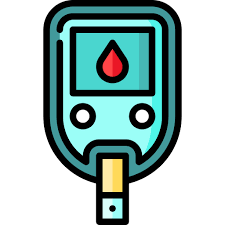
Diabetes
Diabetes is a chronic, metabolic disease characterized by elevated levels of blood glucose (or blood sugar), which leads over time to serious damage to the heart, blood vessels, eyes, kidneys, and nerves.
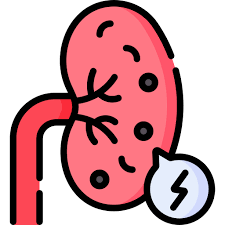
Kidney Stones
A small, hard deposit forms in the kidneys and is often painful when passed.
Kidney stones are hard deposits of minerals and acid salts that stick together in concentrated urine. They can be painful when passing through the urinary tract but usually don’t cause permanent damage.
The most common symptom is severe pain, usually in the side of the abdomen, that’s often associated with nausea.
Treatment includes pain relievers and drinking lots of water to help pass the stone. Medical procedures may be required to remove or break up larger stones.
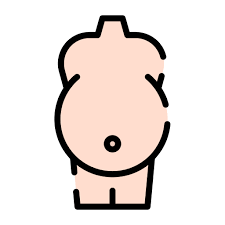
Ascites
Ascites result from high pressure in certain veins of the liver (portal hypertension) and low blood levels of a protein called albumin. Diseases that can cause severe liver damage can lead to ascites. These include: Chronic hepatitis C or B infection.
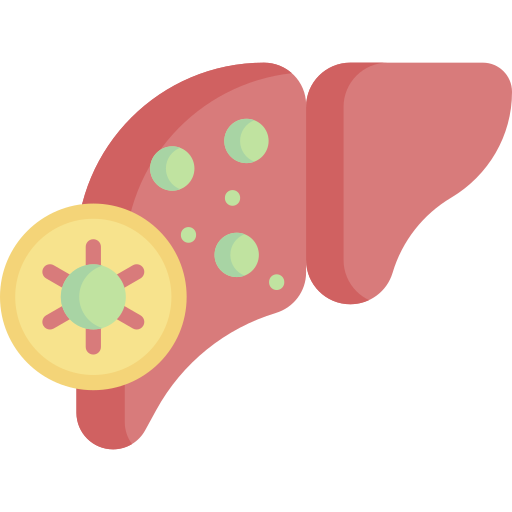
Hepatitis
Heavy alcohol use, toxins, some medications, and certain medical conditions can cause hepatitis. However, hepatitis is often caused by a virus. In the United States, the most common types of viral hepatitis are hepatitis A, hepatitis B, and hepatitis C.

Asthma
A condition in which a person’s airways become inflamed, narrow, and swell and produce extra mucus, which makes it difficult to breathe.
Asthma can be minor or it can interfere with daily activities. In some cases, it may lead to a life-threatening attack.
Asthma may cause difficulty breathing, chest pain, cough, and wheezing. The symptoms may sometimes flare up.
Asthma can usually be managed with rescue inhalers to treat symptoms (salbutamol) and controller inhalers that prevent symptoms (steroids). Severe cases may require longer-acting inhalers that keep the airways open (formoterol, salmeterol, tiotropium), as well as inhalant steroids.
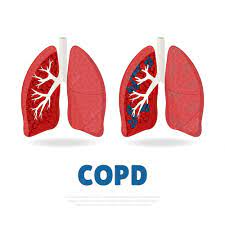
COPD
Chronic obstructive pulmonary disease, a group of lung diseases that block airflow and make it difficult to breathe.
Emphysema and chronic bronchitis are the most common conditions that makeup COPD. Damage to the lungs from COPD can’t be reversed.
Symptoms include shortness of breath, wheezing, or a chronic cough.
Rescue inhalers and inhaled or oral steroids can help control symptoms and minimize further damage.
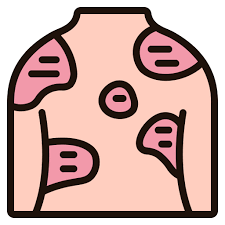
Psoriasis
A condition in which skin cells build up and form scales and itchy, dry patches.
Psoriasis is thought to be an immune system problem. Triggers include infections, stress, and colds.
The most common symptom is a rash on the skin, but sometimes the rash involves the nails or joints.
Treatment aims to remove scales and stop skin cells from growing so quickly. Topical ointments, light therapy, and medication can offer relief.
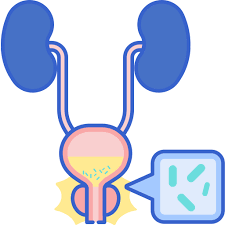
UTI
Urinary tract infections an infection in any part of the urinary system, the kidneys, bladder, or urethra.
Urinary tract infections are more common in women. They usually occur in the bladder or urethra, but more serious infections involve the kidney.
A bladder infection may cause pelvic pain, increased urge to urinate, pain with urination, and blood in the urine. A kidney infection may cause back pain, nausea, vomiting, and fever.
The common treatment is with antibiotics.
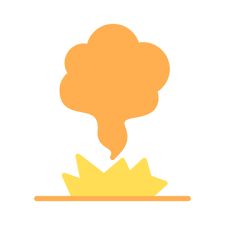
Leukorrhea
Vaginal discharge (medically known as leukorrhea), refers to the natural secretions that are released from a woman’s vagina. These secretions are responsible for lubrication and the prevention of infection.
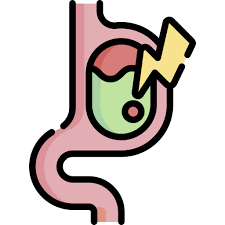
Genital Ulcers
They are sores found on the vagina or penis or in the surrounding areas. They are usually spread by vaginal, oral, or anal sexual contact. They can also be found in the anus or on the skin around it. Sometimes they hurt or leak fluid.
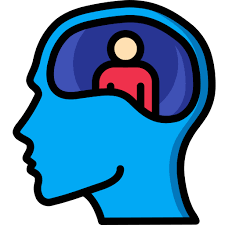
Schizophrenia
A disorder that affects a person’s ability to think, feel, and behave clearly.
The exact cause of schizophrenia isn’t known, but a combination of genetics, environment, and altered brain chemistry and structure may play a role.
Schizophrenia is characterized by thoughts or experiences that seem out of touch with reality, disorganized speech or behavior, and decreased participation in daily activities. Difficulty with concentration and memory may also be present.
Treatment is usually lifelong and often involves a combination of medications, psychotherapy, and coordinated specialty care services.